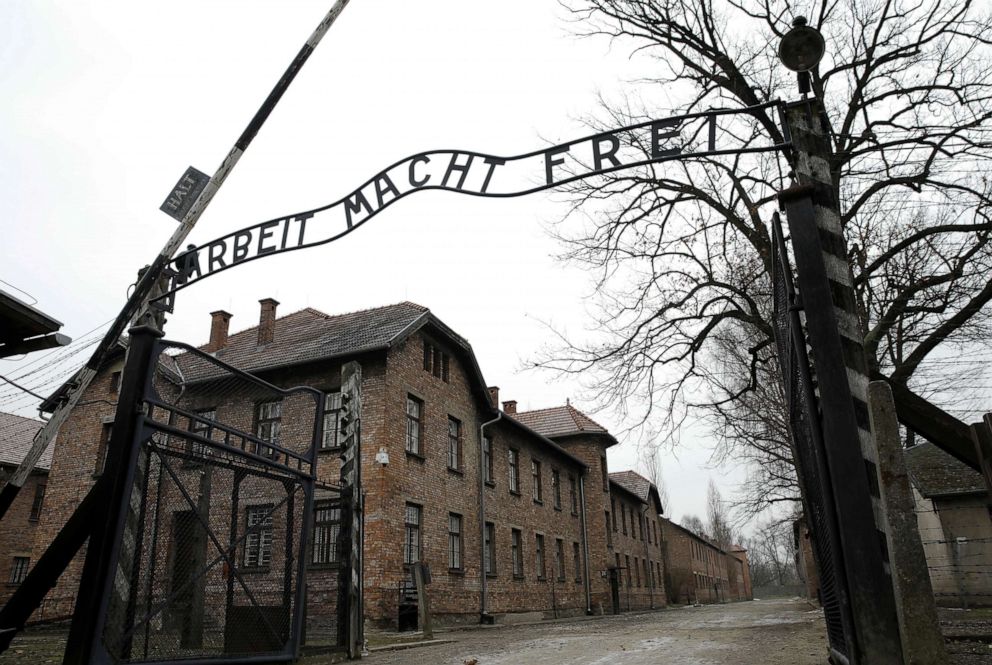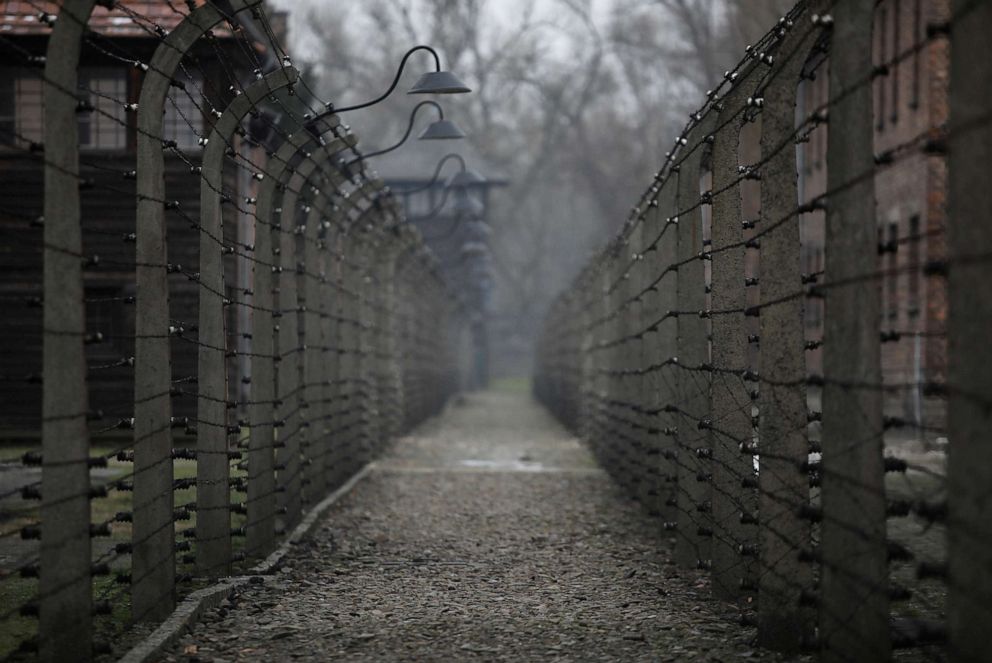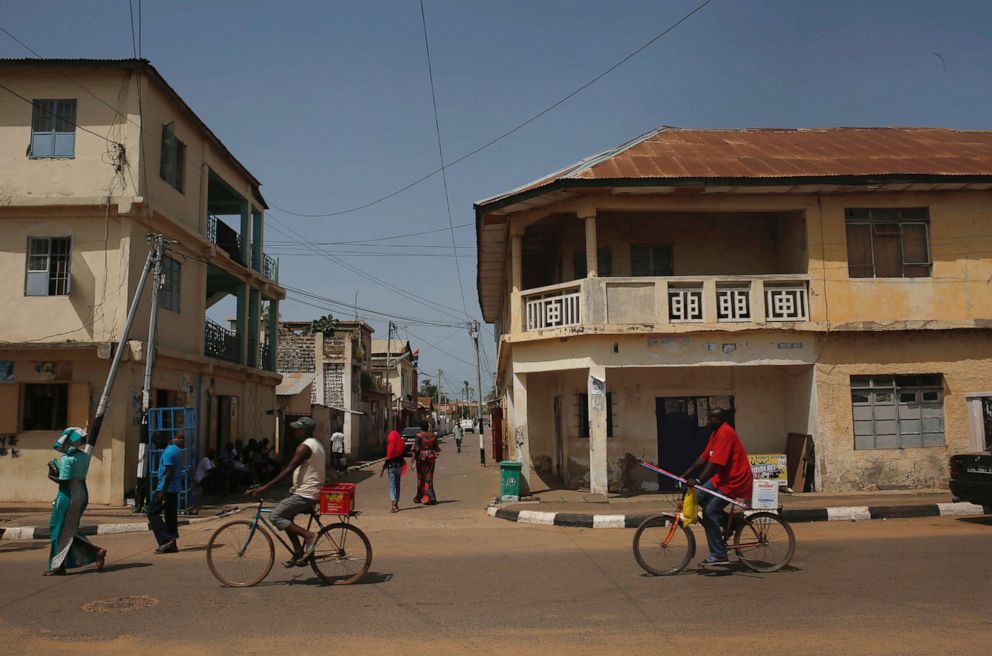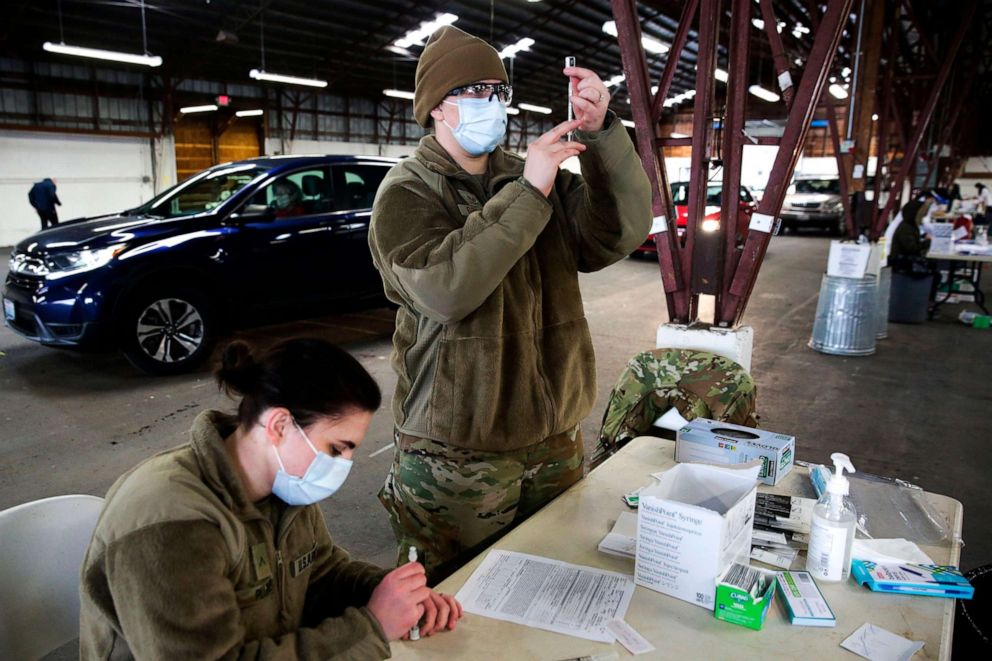Auschwitz survivors mark 76th anniversary online amid pandemic
The official commemoration of the 76th anniversary of Auschwitz's liberation will be held online Wednesday due to the coronavirus pandemic.
The Auschwitz-Birkenau State Museum and Memorial, which is located on the site of the Nazi concentration camp in Oswiecim, Poland, is closed for visitors until at least Jan. 31 under COVID-19 restrictions set by the Polish government.
"Due to the coronavirus pandemic, the commemoration will exceptionally not be held at the Memorial, but in the virtual space," Auschwitz Memorial spokesperson Pawel Sawicki said in a statement Tuesday evening. "The main theme of the 76th anniversary of the liberation will be the fate of children in Auschwitz."

The online events will include testimony from survivors as well as a guided virtual tour of the Auschwitz Memorial, "aimed at enhancing the educational value for visitors from around the globe," according to Sawicki.
Auschwitz, also known as Auschwitz-Birkenau, was a complex of over 40 concentration and death camps run by Nazi Germany in occupied Poland amid the Holocaust during World War II. It was the largest of the Nazi concentration camps and extermination centers. More than 1.1 million men, women and children lost their lives there, mainly Jews, according to information on the Auschwitz-Birkenau State Museum's website.

In January 1945, as Soviet Russia advanced deeper into Nazi-occupied Poland toward the end of the war, Nazi officers organized a forced evacuation of the Auschwitz prisoners. Almost 9,000 prisoners, most of whom were sick or suffering from exhaustion, were deemed unfit to join the death march to Germany. The Nazis intended to kill them all as part of attempts to destroy the evidence of their crimes at Auschwitz, but only managed to murder about 700 Jewish prisoners between the departure of the final evacuation column and the arrival of Soviet forces.
Soviet troops entered Auschwitz on Jan. 27, 1945, a day now commemorated as International Holocaust Remembrance Day, and liberated more than 7,000 survivors, according to the museum's website.






